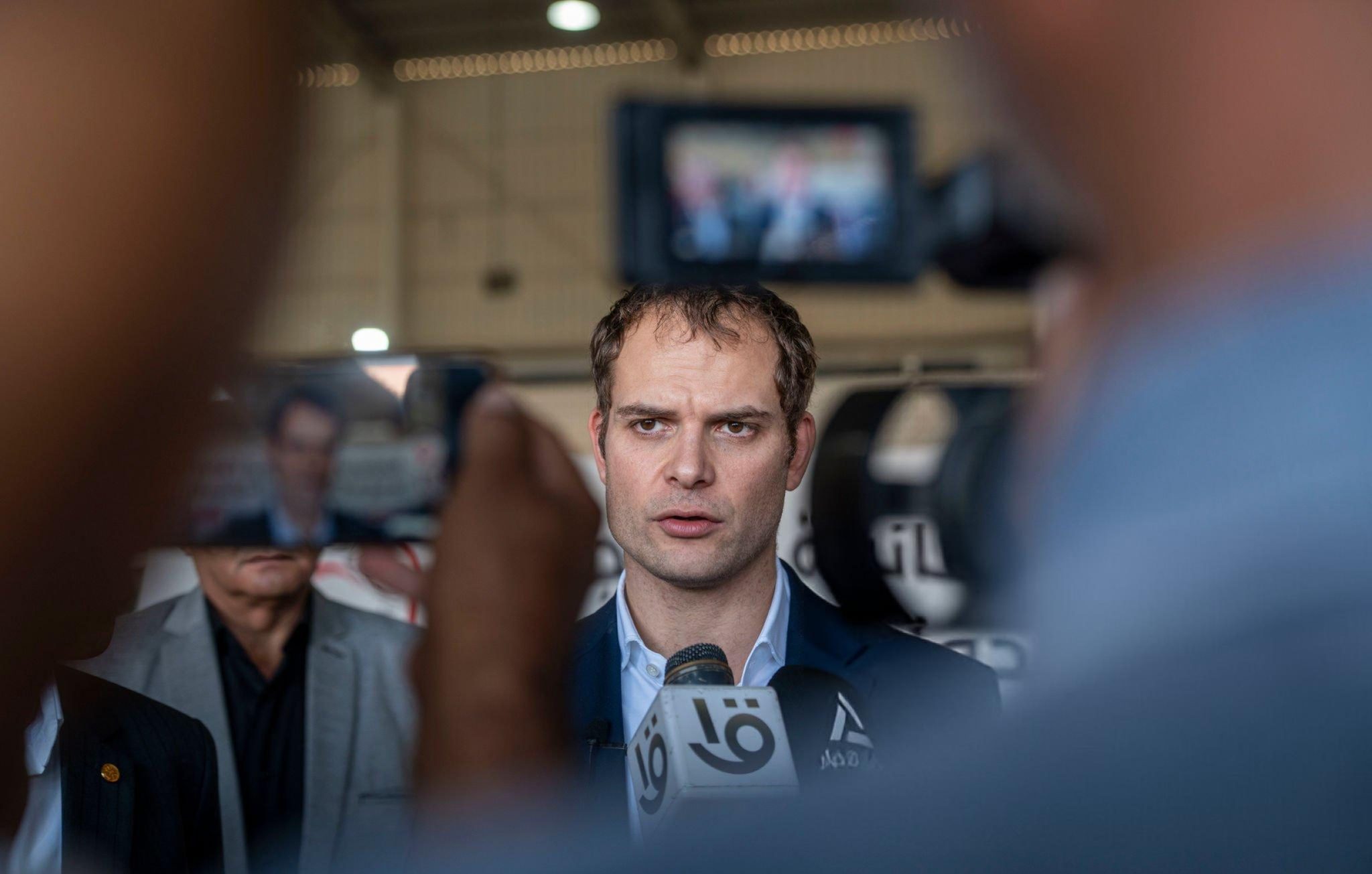In a development that has stirred concern across the political spectrum, Foreign Office minister Hamish Falconer has warned that all Members of Parliament should be alarmed by Israel’s decision to block two Labour MPs from entering the country. Yuan Yang, MP for Earley and Woodley, and Abtisam Mohamed, MP for Sheffield Central, were denied entry while on a delegation organised by respected UK-based charities.
The pair had travelled alongside charity partners Medical Aid for Palestinians (MAP) and the Council for Arab-British Understanding (Caabu), organisations that have arranged similar visits for over a decade with cross-party involvement. Their visit was fully disclosed to the UK Consulate General in Jerusalem.
Addressing the House of Commons, Mr Falconer voiced his “support and solidarity” with the MPs and described the move by Israel as not only wrong but “counterproductive”. He emphasised that such delegations are vital to helping MPs understand the realities on the ground and to inform their work as legislators.
“These visits enrich the knowledge and experience of us as representatives,” he said. “They help us create lasting ties with civil society and our political counterparts abroad. The denial of entry sets a troubling precedent for parliamentary engagement.”
Ms Mohamed described the experience as “a diplomatic affront,” stating they were refused entry “based on our legitimate political opinions, which are firmly aligned with international law”. She added: “No state, however powerful, should be beyond criticism.”
She also highlighted that, due to the lack of direct access to the West Bank, any visit must route through Israel — meaning the Israeli authorities effectively control the gateway to viewing occupied territories.
Ms Yang, meanwhile, said she had not anticipated being detained and deported by a close British ally. She told MPs: “Before going to the West Bank, I understood the risks of travelling to a region where violence is all too common. I did not, however, anticipate the risks of detention and deportation from a British ally.”
She underlined that her participation in the delegation was on behalf of constituents who had voiced their concern about the humanitarian crisis in Gaza and the West Bank. “What we say in this chamber matters,” she asserted. “Our voice is powerful, and we must continue to use it without fear or favour.”
The response from some quarters of the Conservative Party added fuel to the fire. Kemi Badenoch, leader of the Conservatives, remarked she was “not surprised” by the detention and insisted that “every country should be able to control its borders”.
Mr Falconer called on her to apologise for what he described as an unhelpful and dismissive attitude. “These are not difficult questions,” he said. “I had hoped that members opposite would stand by their fellow parliamentarians, regardless of party, when subjected to such treatment.”
Wendy Morton, Shadow Foreign Office minister, prompted shouts of “shame” from Labour benches after suggesting the MPs had travelled “at their own risk” and questioned what the Foreign Office would do if MPs were arrested abroad without diplomatic immunity.
Mr Falconer strongly rebutted the suggestion, insisting that the MPs had received clearance to enter Israel in advance. “The Israeli government was aware they would be arriving,” he said, noting that the reason given in writing for their denial was to prevent “illegal immigration considerations”.
He concluded by stating that the Leader of the Opposition should apologise for defending the Israeli government’s decision, which he warned could have dangerous implications for future parliamentary delegations.
“The whole House should be unified in condemning such treatment of British lawmakers abroad,” he said. “To do otherwise undermines the credibility and safety of all MPs who travel in good faith to understand global issues firsthand.”






